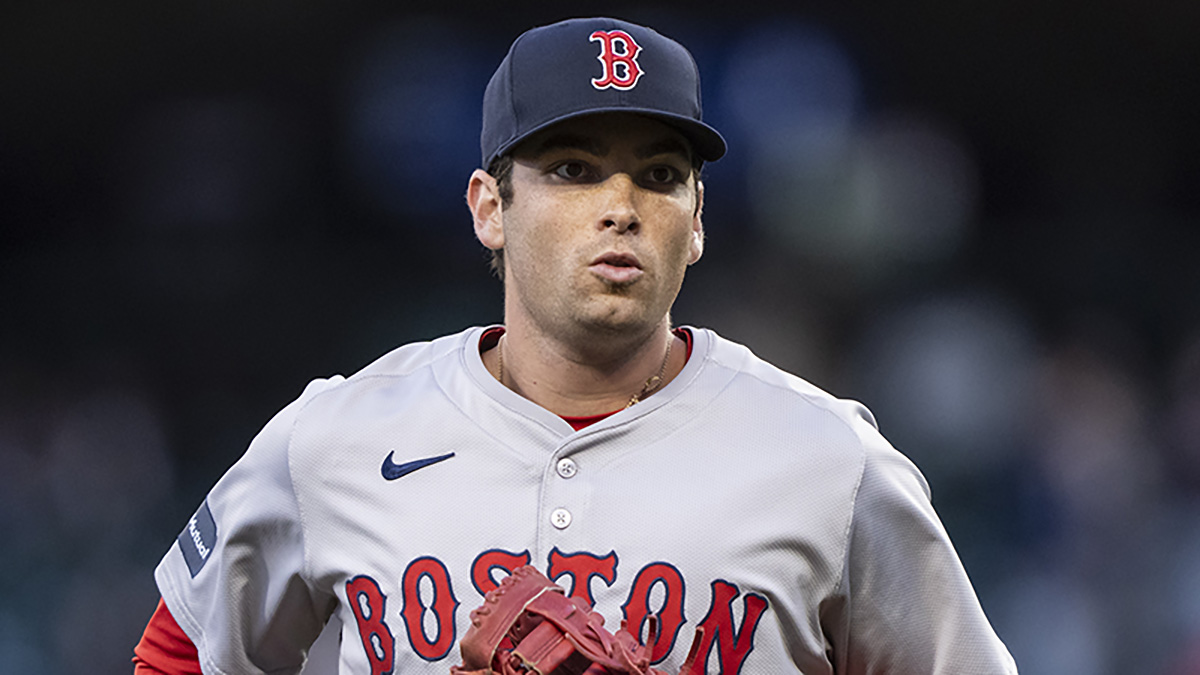
By Sean McAdam
CSNNE.com Red Sox InsiderFollow @sean_mcadam
As bad as the Red Sox' offense has been of late -- no more than four runs scored in each of their last seven games -- some context is important here.
The Sox still have the second-best record in the American League and only three teams in all of Major League Baseball have more wins.
The offensive dip is partly attributed to the stretch of games in N.L. parks where the Sox must play without their DH and some injuries which have impacted the lineup's depth.
Those are temporary shortcomings.
"It's the way the season is, man," said John Lackey, who would have won with better run support Wednesday. "You play 162 games and it goes in runs in both directions. You can't expect to get 12 every night. Things happen. We've got a great offense and they'll be back soon."
But here's the troubling aspect of the recent swoon, indeed, the red flag that has existed since the start of the season: the Red Sox seem wholly incapable of winning close, low-scoring games -- exactly the kind of games teams have to win in September and in the post-season.
Sure, the Sox have 45 wins. But many of them have come when they've clubbed the opposition into submission, as they did recently when they reached double figures in run scored six times in the span of 12 games.
Boston Red Sox
But know how many games the Red Sox have won scoring three runs or fewer in 2011? Four, or, roughly once every three weeks.
Contrast that with the Phillies, owners of the best record in either league, who won four of those low-scoring games in the first 18 games of the season and have won a staggering 17 games in which they didn't score more than three runs.
That, too, requires context. The Phillies were built around their starting rotation, which features, arguably, three of the best 10 starters in the game -- Roy Halladay, Cliff Lee and Cole Hamels.
Moreover, they play in the National League, where offenses are nearly as potent, and, as the Red Sox would be only too eager to point out, they don't have to face a DH.
But that huge discrepancy reflects how different these teams are and how harder it is for the Sox to win when they don't hit.
"You know how it is," said Dustin Pedroia. "When we all get together and swing the bats well, we score a lot of runs. When we don't, we're not going to score a lot. We've got to do a better job of, when we're not all swinging it well, finding ways to score runs."
And that's at the heart of the matter. The Sox aren't going to always be the offensive juggernaut they were at times in May and June. There are going to be stretches like the first three weeks of the season, and more recently, the last 10 days, when they have to figure ways to win without scoring seven or eight runs.
Maybe the Sox are too powerful for their own good, so dependent on big innings and extra-base hits that they can't find a way to play small ball and win pitching duels.
Maybe it's not realistic that a team with David Ortiz and Kevin Youkilis and Adrian Gonzalez can eek out low-scoring victories.
Other good teams seem to have figured it out. If the Red Sox don't, eventually it's going to cost them.
Sean McAdam can be reached at smcadam@comcastsportsnet.com. Follow Sean on Twitter at http:twitter.comsean_mcadam


